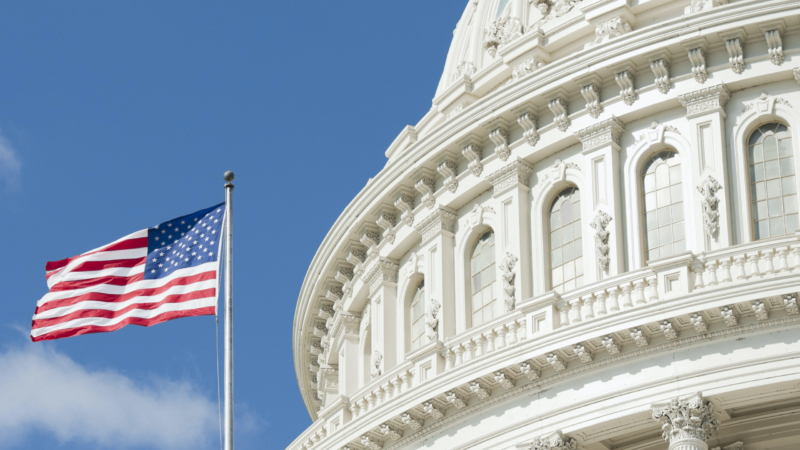Strong Sugar Policy Means Sustainability
Dozens of America’s beet and cane sugar farmers are once again heading to Capitol Hill this week to meet with hundreds of lawmakers and share the importance of protecting America’s no-cost sugar policy.
They’ve left their farms and families behind to travel to Washington because without a strong sugar policy, America’s homegrown sugar industry and the 142,000 jobs it supports would not be able to compete against subsidized foreign sugar dumped onto the U.S. market.
But America’s no-cost sugar policy does more than protect producers against foreign subsidies and provide Americans with a reliable and affordable supply of sweet sugar. It also allows America’s beet and cane sugar farmers to be global leaders in sustainable sugar production – check out some of the sugar industry’s stories of sustainability at the links below.
A strong U.S. sugar policy …
Supports an industry that is building upon decades of work to produce sugar, sustainably.
Promotes the adoption of environmentally friendly technologies and builds upon advancements already achieved such as reductions in greenhouse gases and improvements in water and soil quality.
Provides sustainable economic opportunities, often in both rural and urban communities where jobs can otherwise be limited. The sugar industry pays fair wages and good benefits, collectively totaling $4.2 billion.
Fosters a skilled and diverse workforce. The sugar industry takes pride in encouraging employee growth with initiatives such as on-the-job training and technical classes.
Allows sugar companies to provide development opportunities for their employees, like Kelly Moorhart, who took advantage of her company’s tuition reimbursement program to further her education and advance her career.
Encourages the sugar industry to invest in strengthening their communities, whether by working hand-in-hand with local organizations or hosting their own charity events.
Supports America’s resilient sugar producers as they endure economic challenges and unpredictable weather events as well as the communities that rely on the success of our industry.
All this, from a program designed to cost taxpayers $0. That’s a sweet deal.



